
Thousands of South Korea schools close as birth rate plummets
Cassy Cooke
·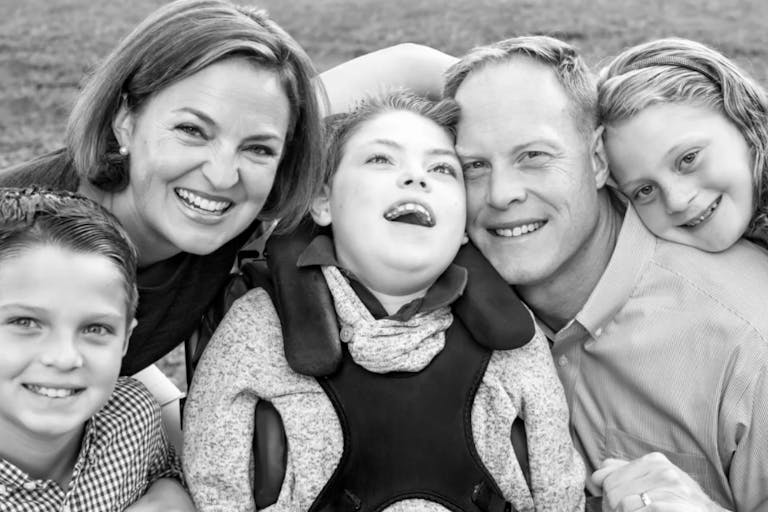
‘His life is a gift:’ A family’s journey caring for their son with cerebral palsy
The Speck family describes themselves as ordinary people who have been shaped by extraordinary events. Travis and Kelly Speck met in Texas and became college sweethearts. Now married for 20 years with three children whom they are raising in Maryland, they say their oldest son, Bennett, who has cerebral palsy, has changed their lives forever.
While pregnant, Kelly had a typical idea of what she wanted to happen when she gave birth to her first child. Baby Bennett would be placed on her chest for skin-to-skin bonding to help with breastfeeding right away. Instead, his delivery became traumatic.
“Our pregnancy with Bennett was relatively routine and he was born full term, but unfortunately, on the day of his birth, he came out of me with lungs full of pneumonia,” Kelly told Live Action News. “This led to life support for 18 days, and an oxygen depletion occurred on the final day of life support.”
Originally, doctors warned the Specks that Bennett would not survive — but he hung on, despite the gloomy predictions.
“After Bennett’s traumatic birth and fight to live, we were in awe of the fact that he had actually lived; we had been told by an entire team of neonatologists that he would most likely not survive,” she said. “Those early days following NICU were extremely challenging as he had a feeding tube in his nose, and if he was awake he was screaming. We were forced to channel all our energy into caring for him, administering his many medicines, learning how to manage a feeding tube, and attempt to figure out a way to soothe him. I had to quit my job and all the pressure to provide for us financially fell upon the shoulders of my husband Travis. Our mental health and marriage were definitely affected by Bennett’s traumatic birth.”
But they didn’t get his diagnosis right away; that came later. “We learned about his cerebral palsy diagnosis on day 40 of his NICU stay,” Kelly explained. “We spent another 30 days in the NICU learning to eat while being weaned off both his oxygen support and the high level of pain medications he was on.”
Today, Bennett is 15 years old, and brings immense joy to his family.
“Bennett has quadriplegic cerebral palsy, seizure disorder, and is fed 100% via a feeding tube. He spends his days in a wheelchair and cannot do anything for himself,” Kelly said. “[He] has a belly laugh that melts hearts. He is non-verbal, cannot sit or stand, walk or talk, and is dependent on us for everything; and yet he brings us so much joy, and his life is truly a gift. Had he died in the NICU, our hearts would have broken; we thank God every day that we get the honor of caring for his daily needs.”
While Bennett requires care from his family, it doesn’t make his life any less fulfilling. “Bennett goes to a public school for kids with disabilities and he especially LOVES riding the bus and seeing all his friends at school,” she said. “He loves being in the middle of our crazy life now that his two younger siblings are tweens and have a bustling life full of activities and sports. Bennett always has a smile waiting for us.”
Article continues below
Dear Reader,
In 2026, Live Action is heading straight where the battle is fiercest: college campuses.
We have a bold initiative to establish 100 Live Action campus chapters within the next year, and your partnership will make it a success!
Your support today will help train and equip young leaders, bring Live Action’s educational content into academic environments, host on-campus events and debates, and empower students to challenge the pro-abortion status quo with truth and compassion.
Invest in pro-life grassroots outreach and cultural formation with your QUADRUPLED year-end gift!
Still, there are some people with ableist mindsets who believe people like Bennett should not have been born — something his mother strongly rejects.
“Bennett was born a full-term baby with no defects detected. He simply had lungs full of pneumonia that caused life-threatening complications,” she said. “The oxygen depletion that he suffered while on life support is what caused his brain damage – but that happened on day 18 of his life.”
She added, “His will to live fought every second of his 70-day NICU stay, and the strength that he showed has inspired my husband and I, our families and friends, and many strangers around the world who watched a newborn baby boy in Washington, D.C., overcome all the odds to live. If our society wants to only value lives ‘who can care for themselves,’ then we are on a very disturbing and selfish path.”
She also added that Bennett’s birth and their care for him during his life has made both of his parents better people.
“We were two type-A planners who thought we had a plan for our life and family; Bennett’s birth and life has turned all that upside down to the point where we no longer value money, success or material possessions,” she said. “None of that matters when your newborn baby cannot breathe, and you are told that you may be soon planning his funeral. We thank God every day for the gift of Bennett’s life… and especially those belly laughs.”
Yet despite the inherent value and worth of people with disabilities like Bennett, rhetoric insinuating that certain people are better off aborted continues to persist — a mindset Kelly Speck said needs to end.
“Each individual life has value and worth. The most discriminatory and inequitable we can do as a society is to pick and choose who is deemed worthy of living before they are even given the opportunity to take a breath,” she said. “I find it interesting that not too long ago, women were proudly chanting, ‘We can do hard things’ — the quote by author Glennon Doyle. I guess that only applies to divorcing men, changing their gender, or sexuality, or ‘being true to themselves.’ My life experience has taught me that doing hard things, like raising a severely disabled handsome son, or learning of a significant birth defect in my daughter, and trusting that she would become a strong and fierce young lady is what TRUE STRENGTH is to me.”
She added, “Aborting a fetus with disabilities dehumanizes and violently ends the life of a soul created with a purpose in the world. In addition to that, it desensitizes our society, justifies the grotesque murdering of a baby, and has numerous negative effects on the mother, father, and culture as a whole. The world profoundly loses when lives with inherent worth are extinguished with callousness.”
Kelly Speck’s book chronicling her life raising children with special needs, “Hope In The Heartache,” is available now from Ballast Books and can be purchased here.

Live Action News is pro-life news and commentary from a pro-life perspective.
Contact editor@liveaction.org for questions, corrections, or if you are seeking permission to reprint any Live Action News content.
Guest Articles: To submit a guest article to Live Action News, email editor@liveaction.org with an attached Word document of 800-1000 words. Please also attach any photos relevant to your submission if applicable. If your submission is accepted for publication, you will be notified within three weeks. Guest articles are not compensated (see our Open License Agreement). Thank you for your interest in Live Action News!

Cassy Cooke
·
Human Interest
Bridget Sielicki
·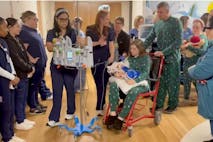
Human Interest
Melissa Manion
·
Human Interest
Nancy Flanders
·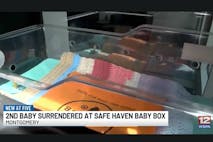
Human Interest
Bridget Sielicki
·
Human Interest
Sheena Rodriguez
·
International
Cassy Cooke
·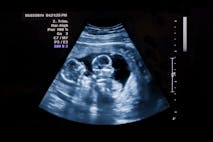
Analysis
Cassy Cooke
·
Analysis
Cassy Cooke
·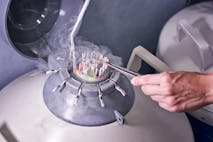
International
Cassy Cooke
·
Analysis
Cassy Cooke
·